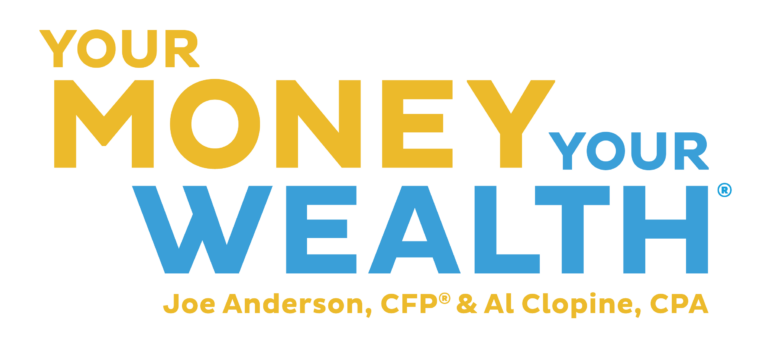If you have a high salary, own a business, own real estate, or generate a lot of income from inherited assets, here are seven different strategies to reduce taxes for high-income earners that will allow you to pay even fewer taxes in the future.
Learn More Tax Reduction Strategies on Our Blog
Transcript
Today we’re going to talk about tax reduction strategies for high-income earners, and there are several that I want to get into.
First of all is retirement plans. If you have a retirement plan at work, you want to take advantage of it. But if you’re self-employed, there are several plans that you may want to consider, many of which you have to set up by year-end.
Roth conversions are a very big one, because you think about it, if a lot of your savings is in a retirement account, when you withdraw the money at age 59 and a half, or 60, or 70 and a half, whatever it may be, you’ll pay ordinary income taxes on that amount. If you can move some of that to a Roth IRA and have all of that future income, growth, principal be tax-free, that’s a way to mitigate taxes in the future.
Selling inherited real estate is a big one for those that actually inherit real estate because you get a step up in basis. And when you sell the property, there is no current taxation.
Donor-advised funds. This is probably one of the single biggest and best strategies available for high-income people because it allows you to take your charitable deductions, maybe bunch them all together. You just simply put some money into a fund, and the year that you put the money in the fund, it becomes a tax deduction. So you might want to do that during high-income years, and then you have a fund that you can manage yourself, and divvy out to charities of your choice as you see fit in future years.
Qualified charitable distributions is another big one if you’re over 70 and a half. There’s a way to go ahead and have your charitable deductions coming right out of your IRA, directly to charity. It counts as your required minimum distribution, and you don’t have to count it as income.
Investing in real estate. For those that like real estate, this is a great way to save money in taxes because of depreciation. Depreciation is just the ability to write off a piece of the property each and every year. And that gives you a phantom deduction that allows much of your income to be tax-free.
And finally, new for 2018 is the section 199a deduction. This is where, if you have a small business, or you own rental real estate, you may be able to deduct up to 20% of the profits on that as a deduction, thereby reducing your taxes quite a bit.













